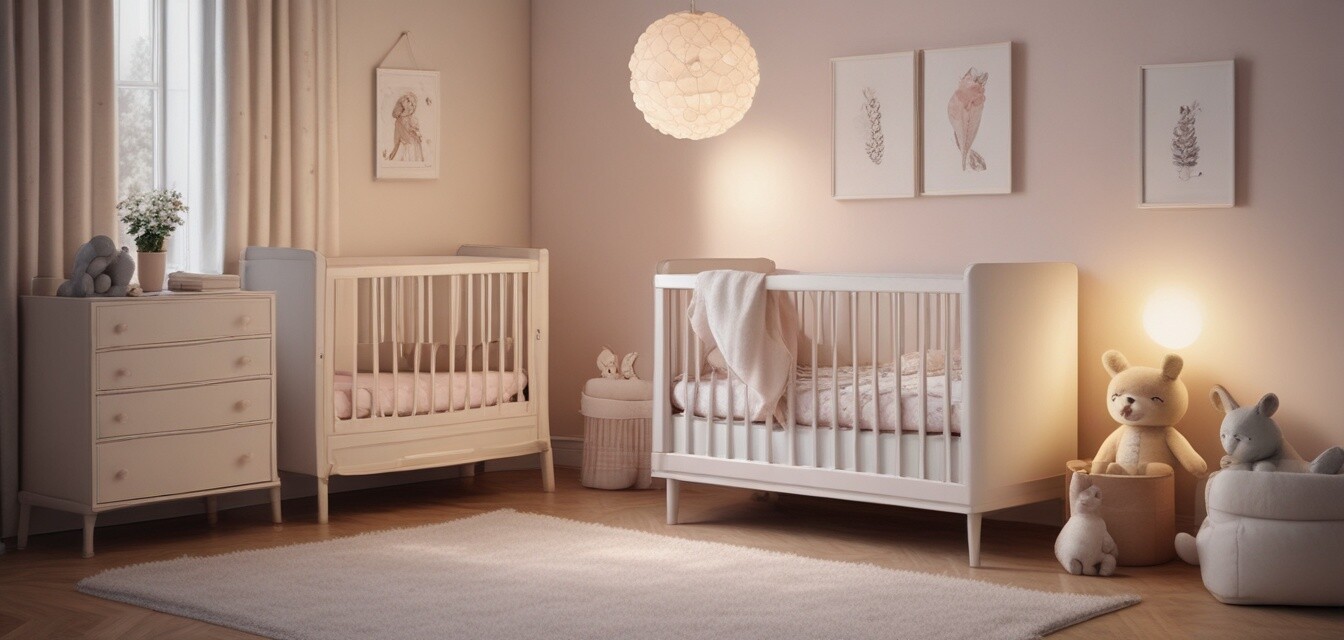
Buying a Cot Mattress: New vs. Used
- New cot mattresses offer better safety standards and hygiene.
- Used cot mattresses may save you money but come with potential hidden risks.
- Consider the materials and certifications when choosing a mattress.
- Always check for signs of wear and tear in any used product.
- Your child's safety and health should be the top priority in your decision.
When it comes to cot mattresses, one of the most important decisions you'll make as a parent is whether to buy new or used. Each option has its pros and cons, and it's crucial to weigh these carefully to ensure your child's comfort and safety. This guide will help you navigate the key factors that influence your decision-making process.
Understanding the importance of a good cot mattress
Before diving into the new vs. used debate, it's essential to understand the significance of a good cot mattress. A quality mattress can impact your child's sleep quality and overall health. It's not just about comfort; safety standards, materials, and hygiene play pivotal roles. Here's what to consider:
Safety Features
When you purchase a cot mattress, safety should be the highest priority. Ensure any mattress, whether new or used, meets safety standards. Key features to look for include:
- Firmness: The mattress should be firm enough to support a baby without risk of suffocation.
- Material: Opt for materials that are free from harmful chemicals such as phthalates and lead.
- Certification: Check for certifications indicating that the mattress meets safety standards (e.g., CertiPUR-US).
Pros and cons of new cot mattresses
Pros
- New mattresses are built to current safety standards.
- Improved hygiene; less risk of allergens or bacteria.
- Warranty or guarantee often provided by manufacturers.
- Variety of options available for specific needs (e.g., hypoallergenic).
Cons
- Higher cost compared to used mattresses.
- Possibly less perceived value for some parents.
Pros and cons of used cot mattresses
Pros
- More affordable option for budget-conscious parents.
- Potentially higher quality materials for less money.
Cons
- Risk of damage, wear, or hidden hazards.
- May not meet current safety standards.
- Possible exposure to allergens or harmful bacteria.
Hygiene and Care Considerations
If you decide to purchase a used cot mattress, it’s essential to thoroughly inspect it. Keep in mind the following hygiene tips:
- Check for signs of stains, odors, or wear.
- Clean and disinfect the mattress properly.
- Consider using a mattress protector to enhance hygiene and prolong the mattress's lifespan.
Cost Comparison
| Feature | New Mattresses | Used Mattresses |
|---|---|---|
| Price Range | Generally higher ($150 - $500) | Varies widely ($30 - $200) |
| Warranty | Often comes with warranty | Usually no warranty |
| Safety Standards | Meets current safety regulations | May not meet current regulations |
| Hygiene | High hygiene standards | Potential hygiene issues |
Conclusion
Ultimately, the decision between buying a new or used cot mattress depends on your budget, values, and comfort with the associated risks. While new mattresses may offer superior safety and hygiene, used mattresses can be a viable option if you thoroughly evaluate their condition and quality. Always prioritize your child’s safety and comfort, as it is vital for their overall well-being.
For more information about the different types of cot mattresses available, check our [breathable cot mattresses](/products/breathable-cot-mattresses) and [hypoallergenic cot mattresses](/products/hypoallergenic-cot-mattresses) sections. If you're looking for maintenance tips, visit our [cot mattress maintenance](/blog/cot-mattress-maintenance) page for practical insights to keep your purchase in top shape.
Additional Resources
Explore our blog for plenty of other resources like [buying guides](/blog/buying-guides) to make informed decisions while shopping for baby products. Remember, knowledgeable choices lead to happier, safer sleep for your child!
Disclaimer
This article is intended for informational purposes only and does not constitute medical advice. Always consult with healthcare professionals for advice regarding health and safety for your child.